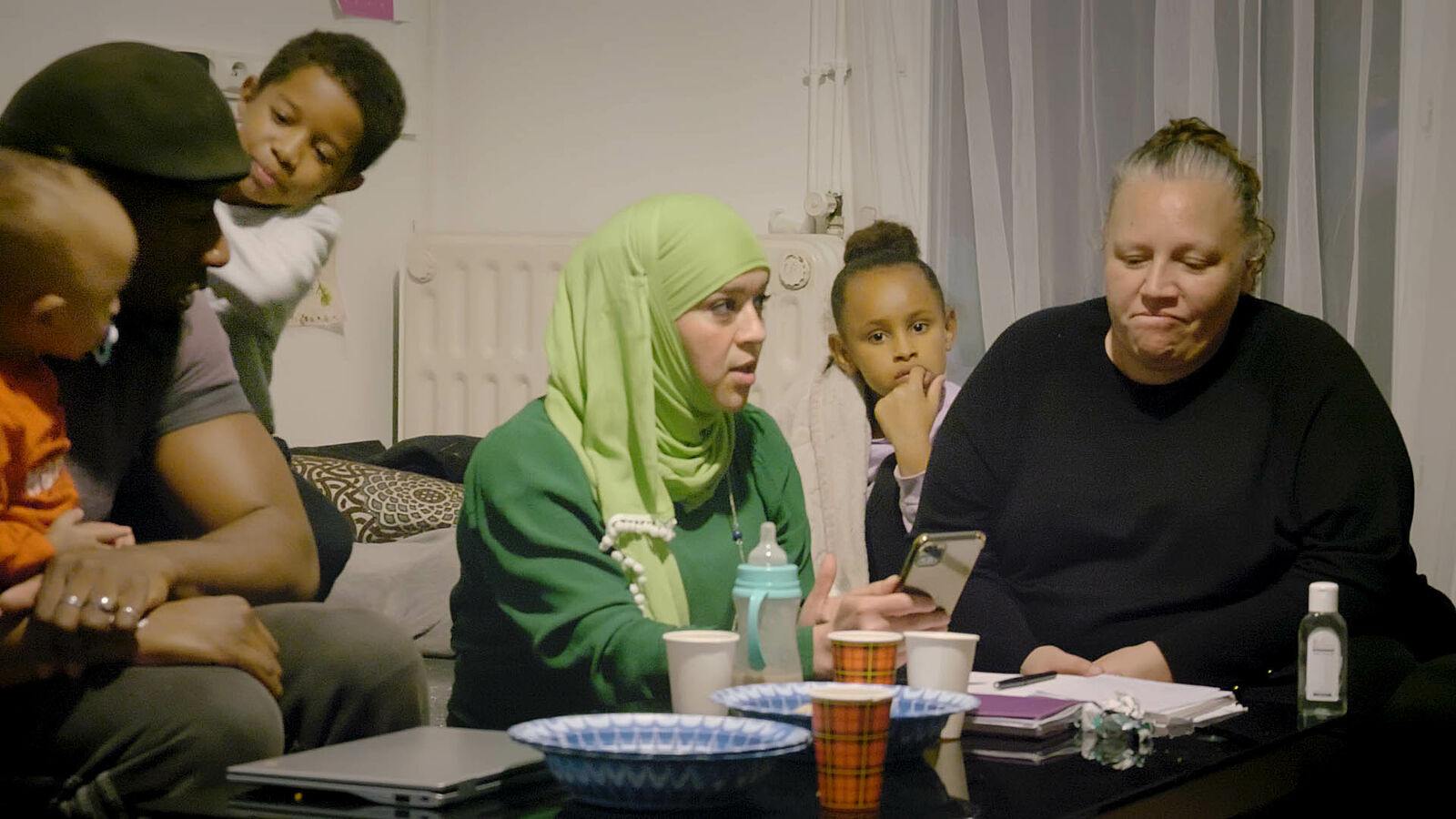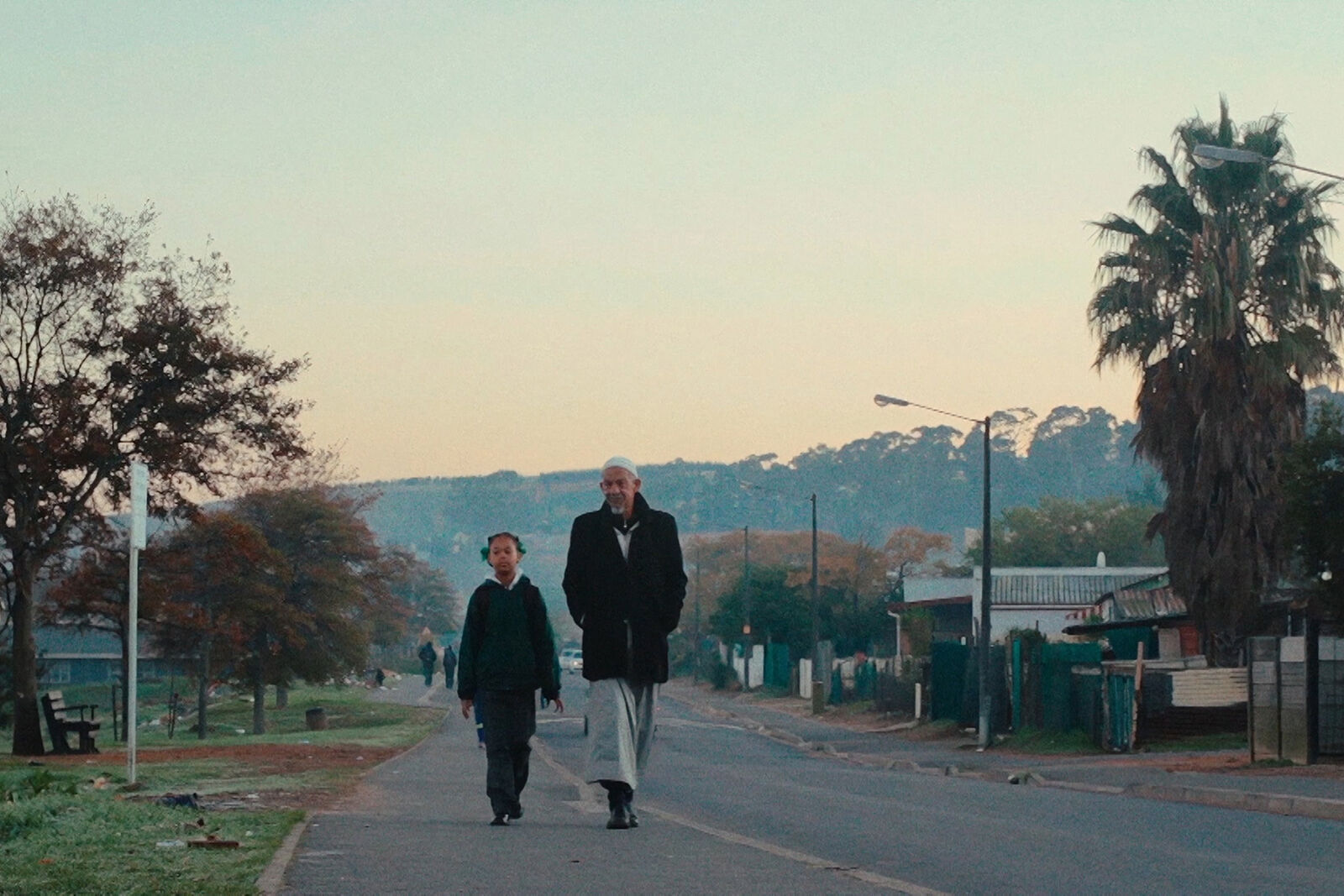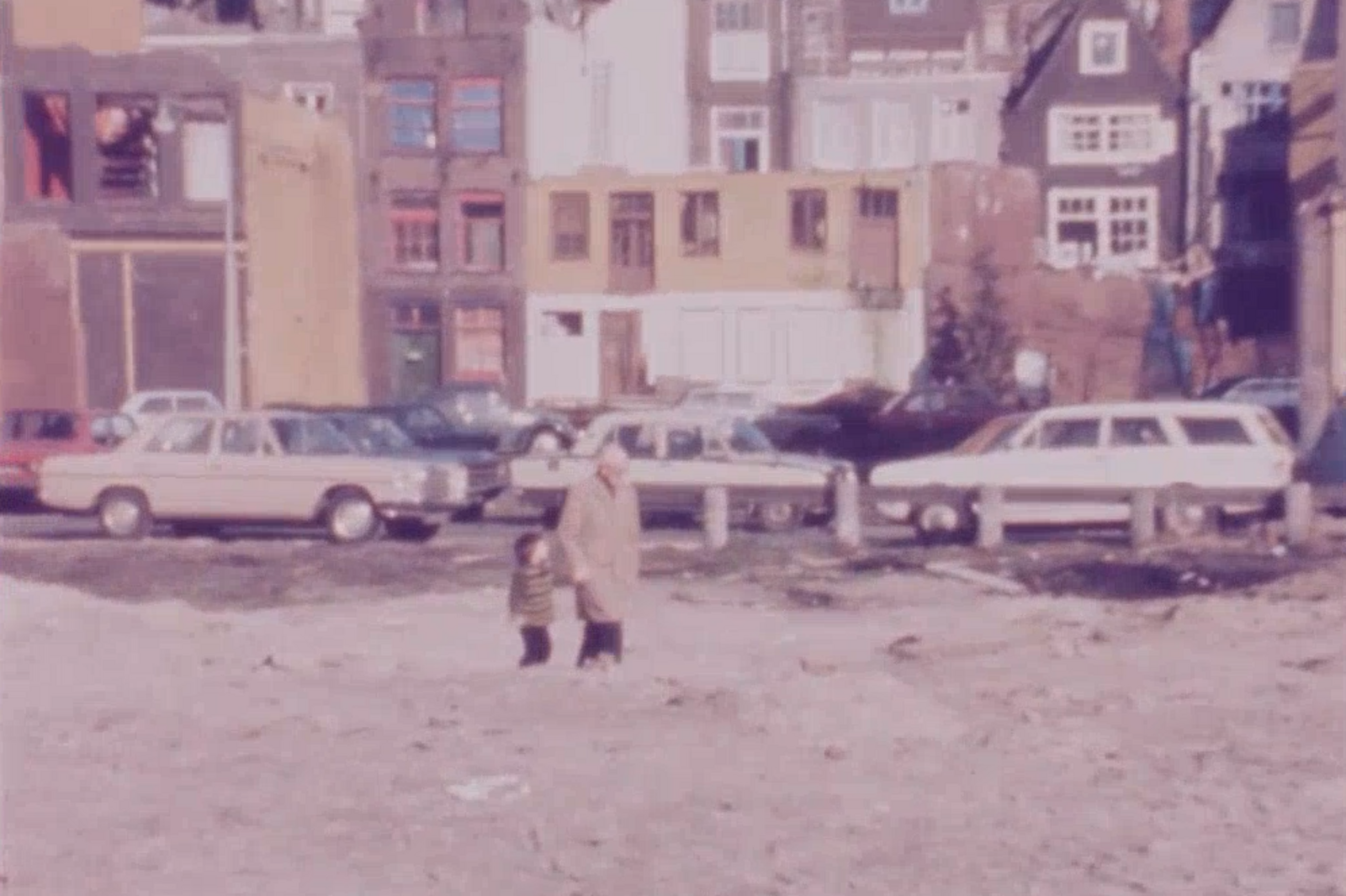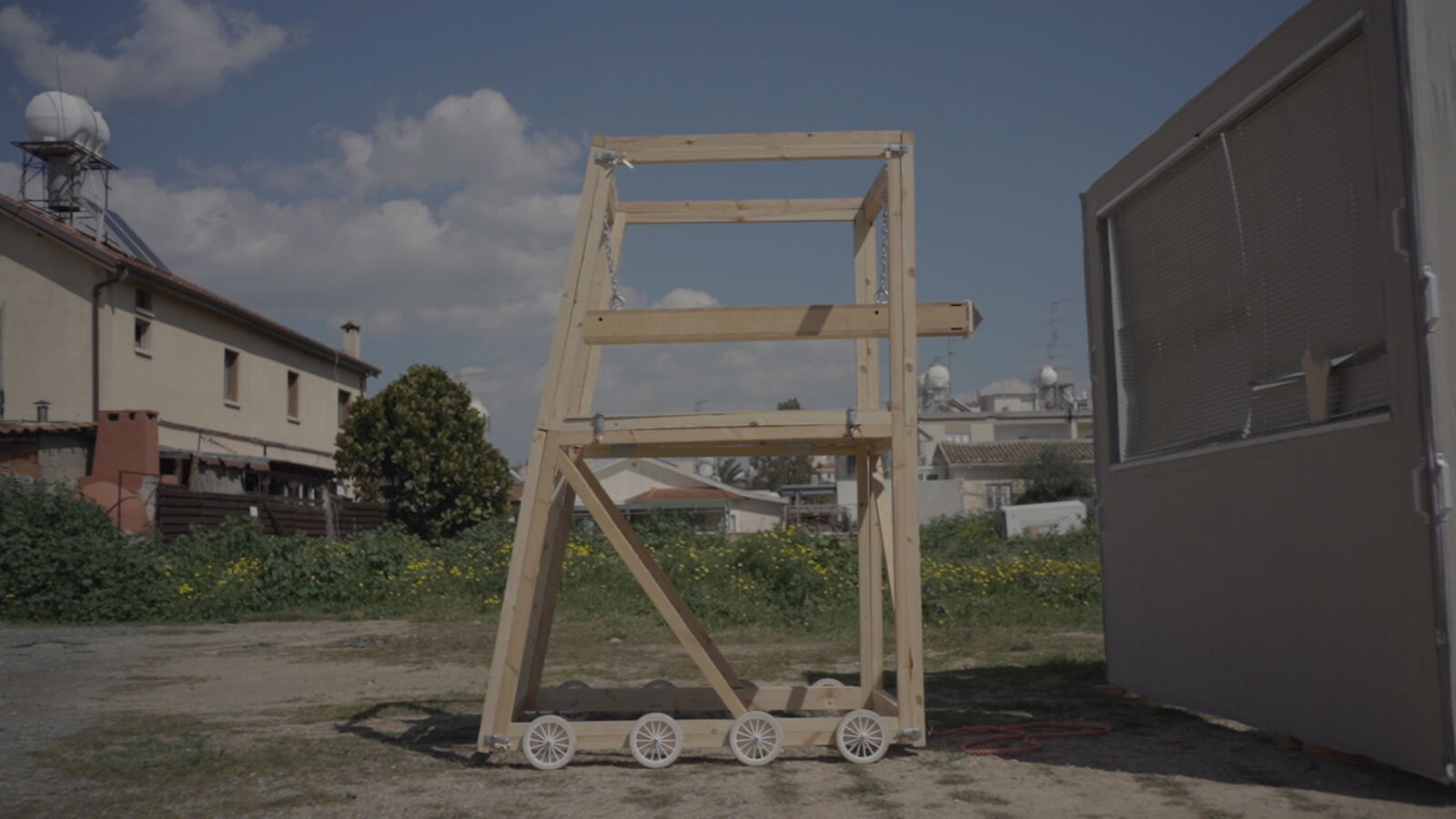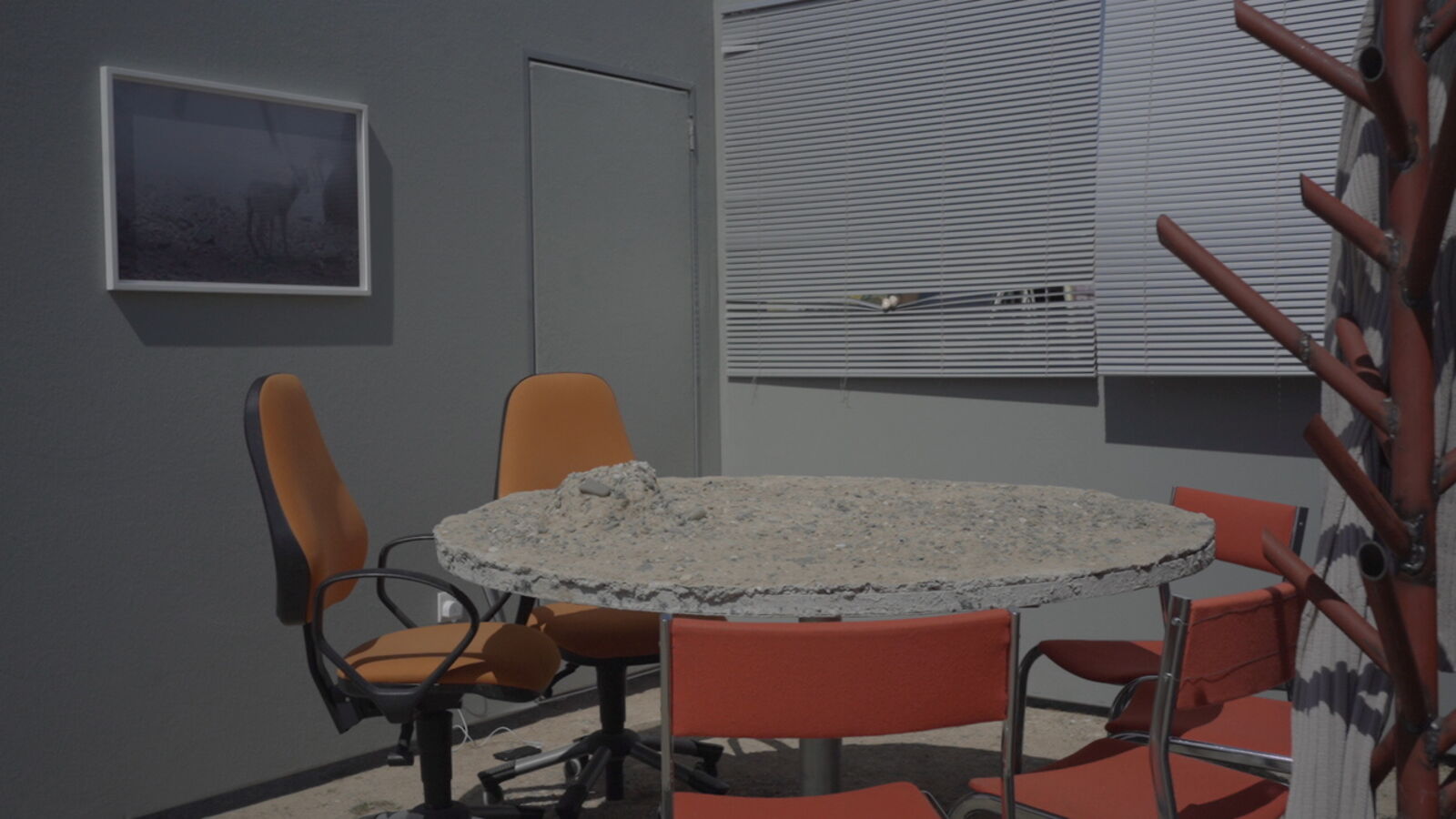The Broken Pitcher
14:00–20:00
Opening: Zaterdag 17 januari, 11:00–18:30
de Appel, Tolstraat 160, Amsterdam
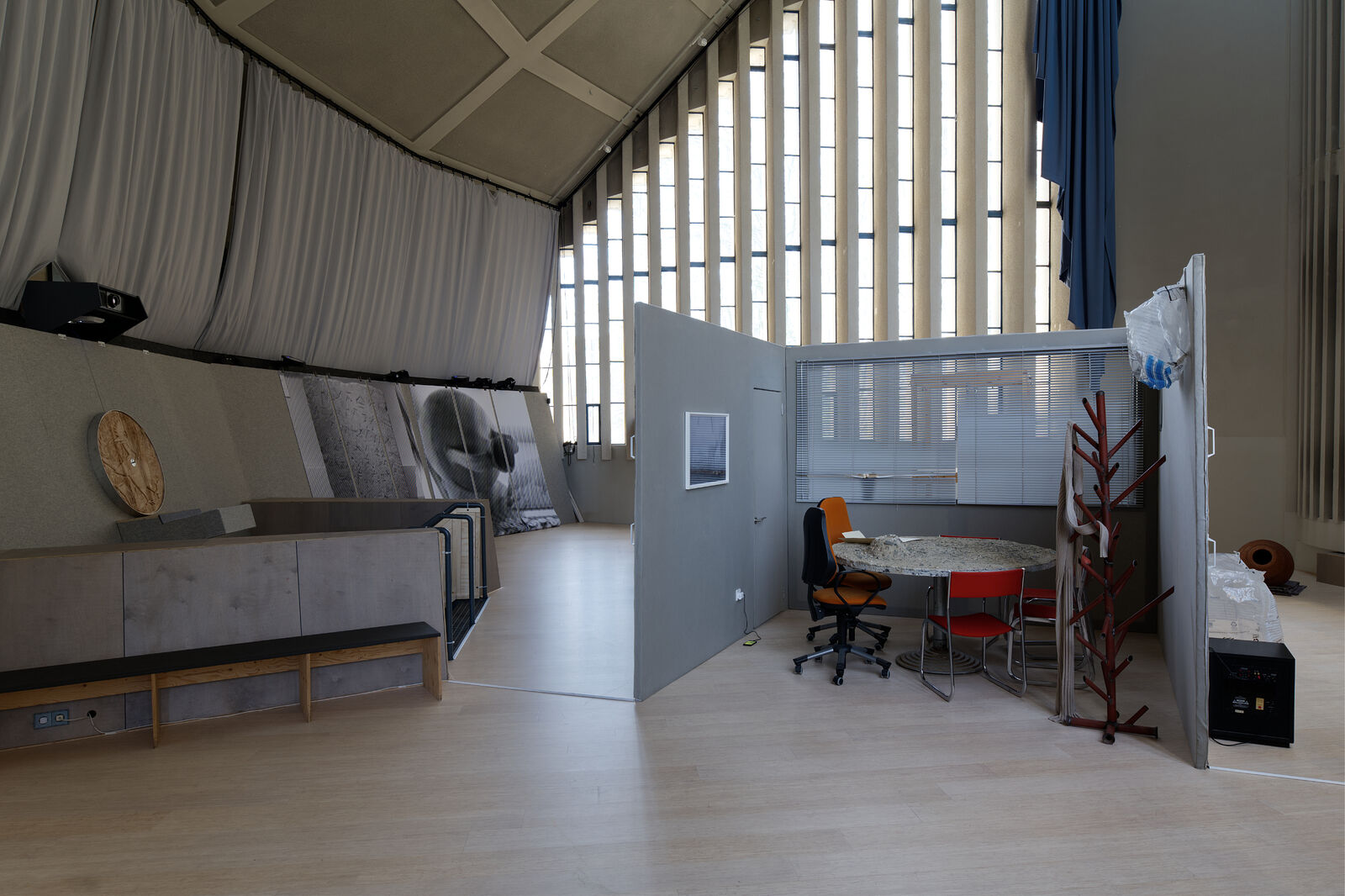
Photos: Peter Eramian
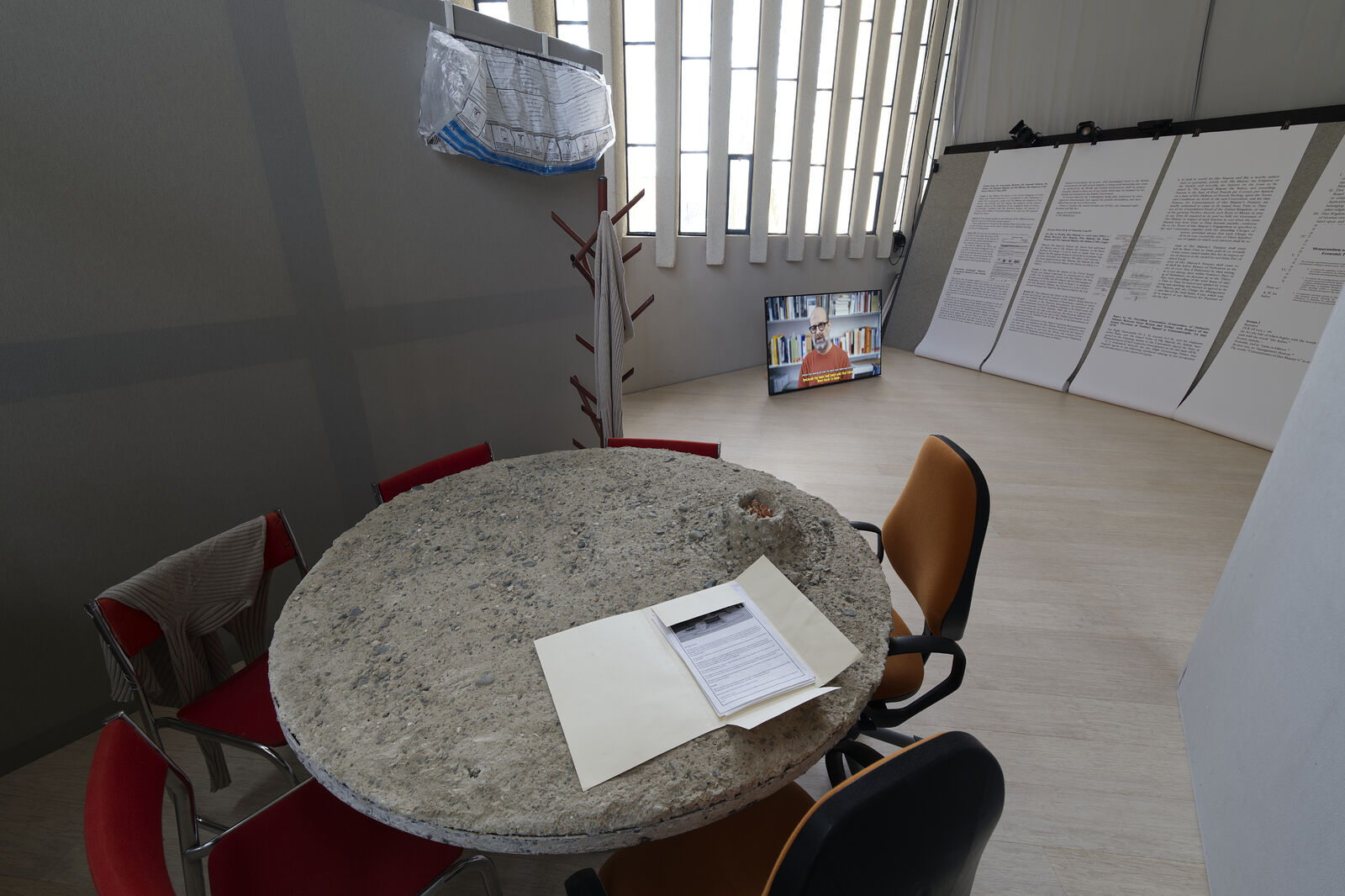
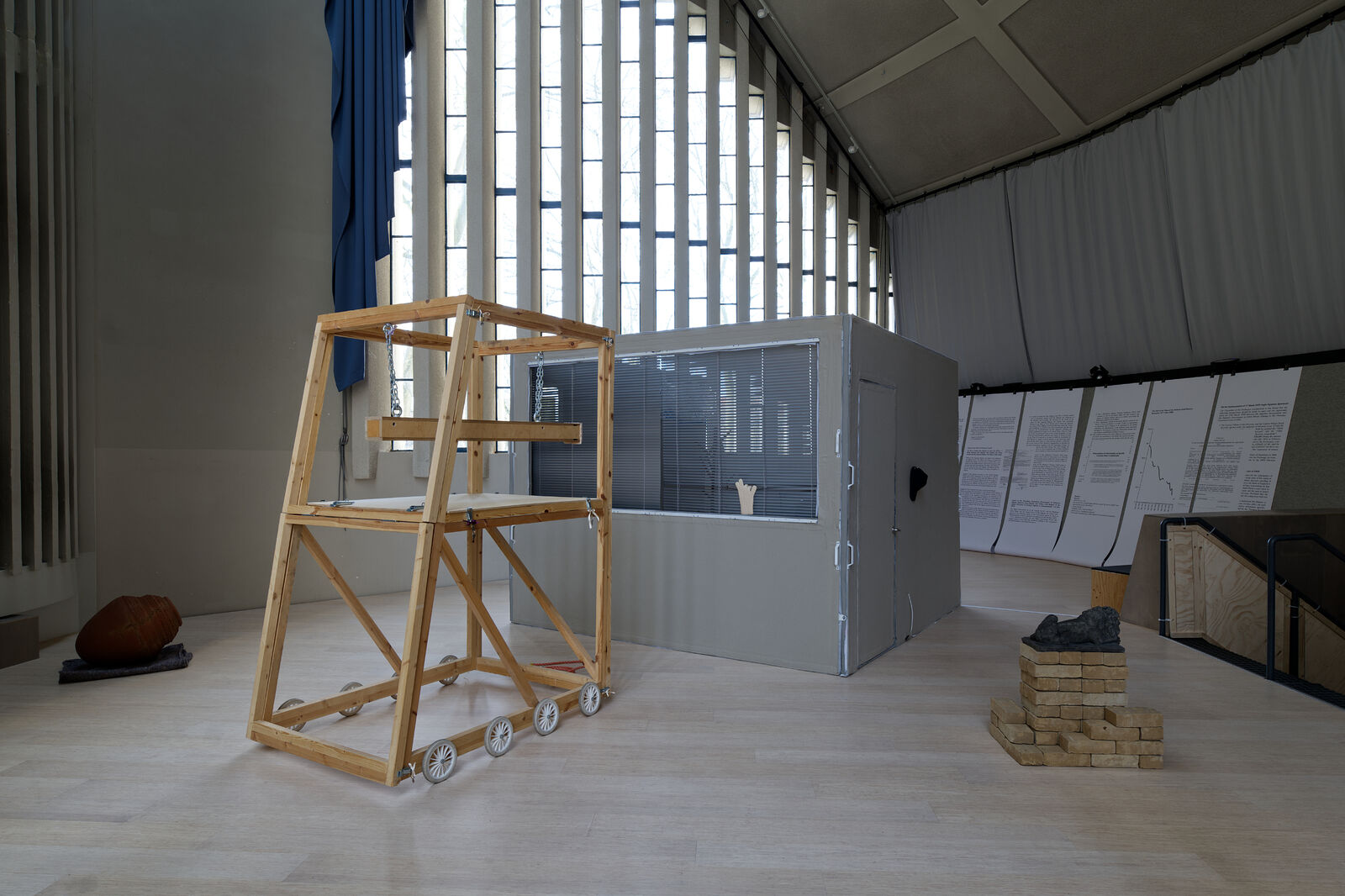
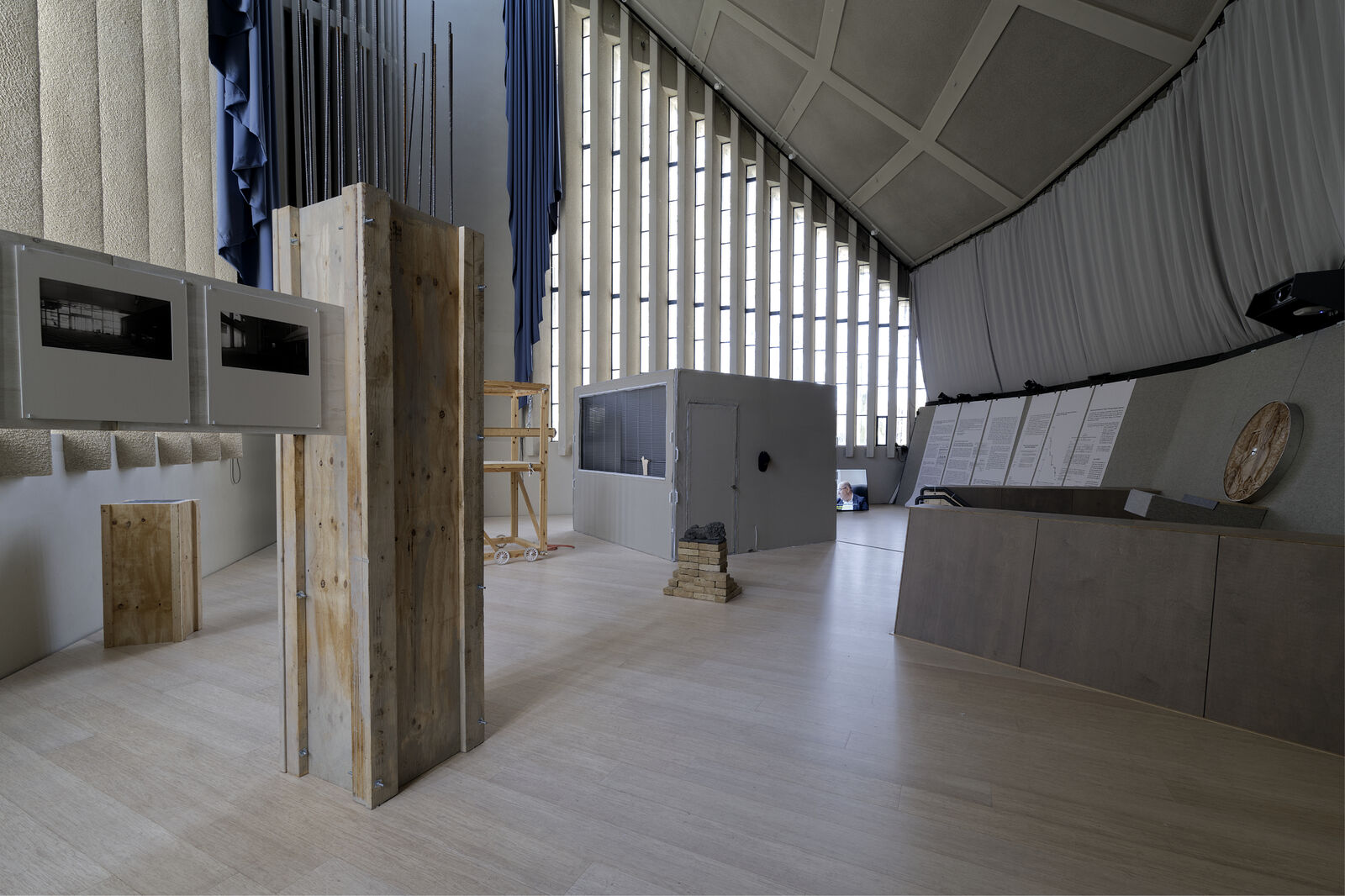
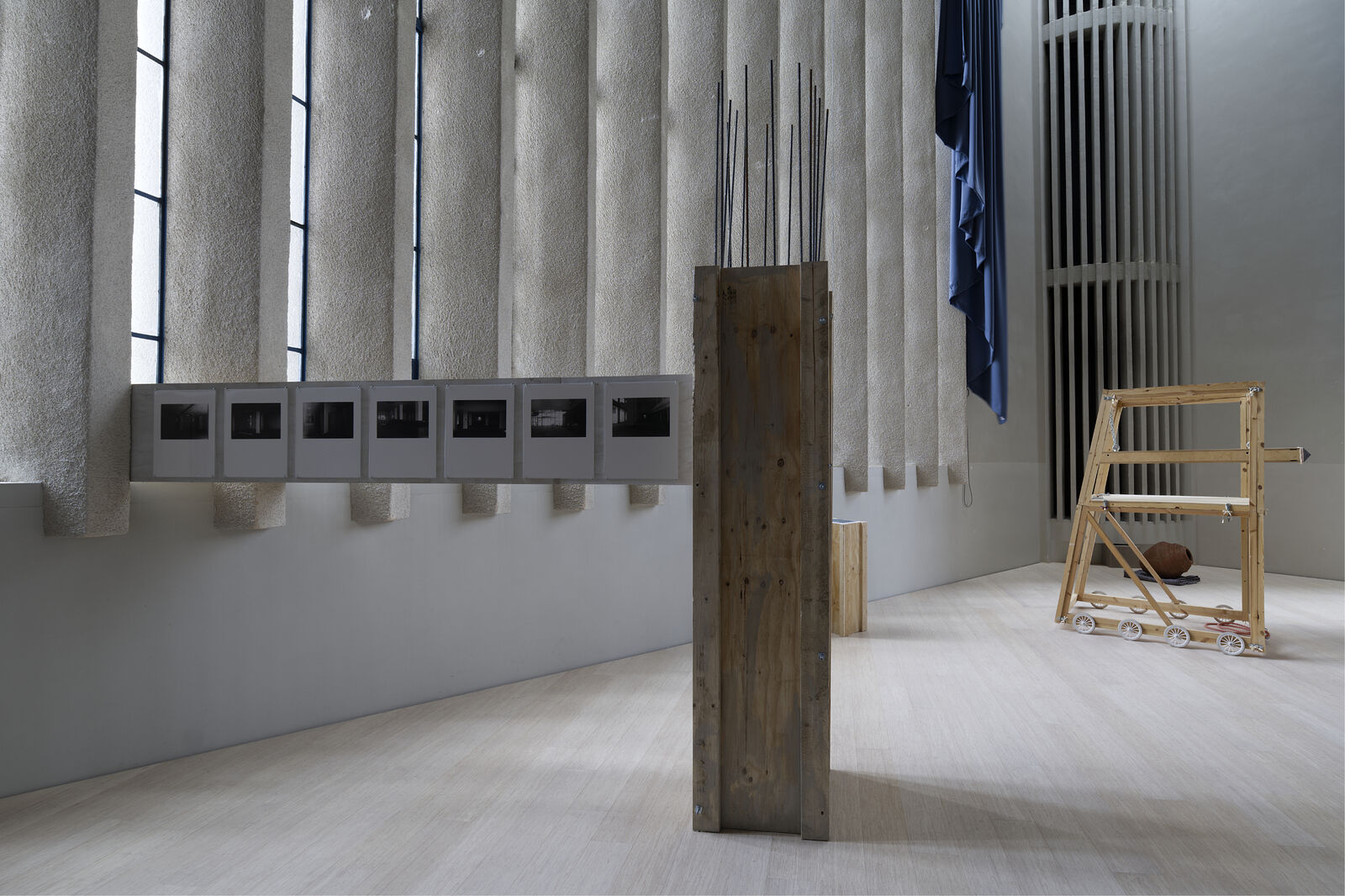
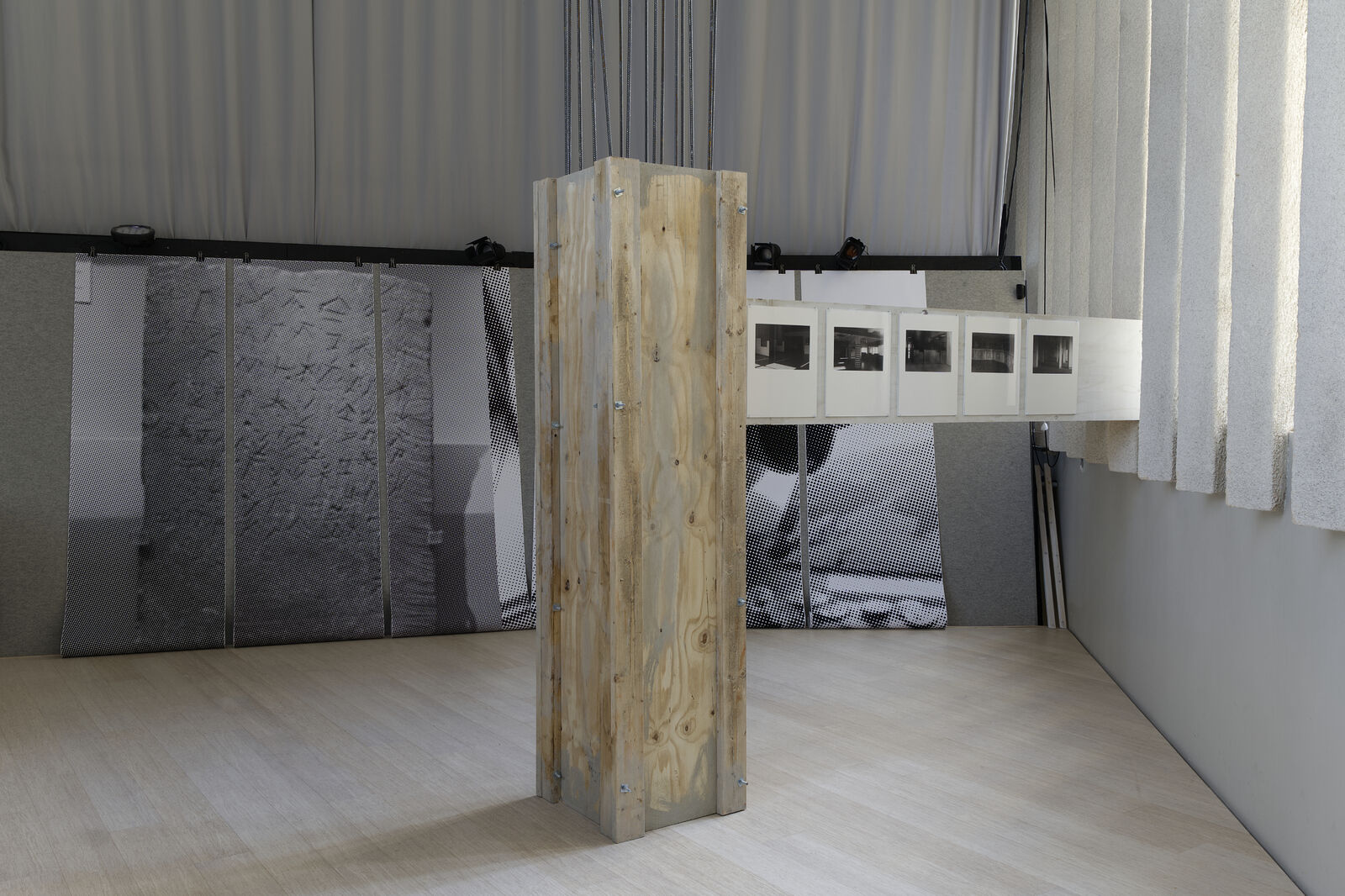
A project by
Natascha Sadr Haghighian, Marina Christodoulidou, Peter Eramian
with
Raissa Angeli, Dimitris Chimonas, Stelios Kallinikou, Athina Kassiou, Orestis Lambrou, Orestis Lazouras, Olga Micińska, Panagiotis Mina (Pyrgatory Studios), Faysal Mroueh, Keti Papadema, Nayia Savva, Nikos Stephou, Maria Toumazou, Rumen Tropchev, Emiddio Vasquez
Tracing the effects of financialisation and austerity, the collaborative project The Broken Pitcher by Natascha Sadr Haghighian, Marina Christodoulidou and Peter Eramian attends to a concrete case: a crucial meeting at a bank, negotiating the foreclosure of a family home in Larnaca, Cyprus in 2019. Foreclosures are one of the austerity measures that were imposed on the Cypriot government by the Troika (the EU Commission, the European Central Bank and the International Monetary Fund) after the financial crisis in 2012.
The Broken Pitcher looks at the banking system and the potentials for changing the script of interacting with it. The project consists of a one-to-one scale model of the bank room, which functions both as an exhibition space and as a set which features in a 70-minute film that reconstructs the bank meeting. Inspired by Abbas Kiarostami’s film First Case – Second Case (1979, Iran), the reenactment of the meeting is then shown to people from various backgrounds who are asked to respond to the question: “In your opinion what should the bank employees do?” The filmed responses encompass perspectives of people from different interest groups in Cyprus and beyond, including housing rights activists in Barcelona, Berlin and Beirut, people who are similarly affected by these policies, public figures, lawyers, economists and artists.
One of the project’s main interests is collaboration as a practice of collectivity. Starting in 2020, gatherings and workshops were at the core of its making, in order to find structures and formats of working together, scripting and researching the context of foreclosures in relation to debt, austerity, financialisation and coloniality, and to counter the isolation and desperation they produce. The meeting at the bank and its space was drafted from memory logs of the affected family and their lawyer. Starting from a workshop at the independent artist-led space Thkio Ppalies in Nicosia, the bank room set and its parts were conceived together with artists who each took on a separate aspect of the set. The items in the room depart from a functional replica and become artworks in their own right, bearing witness to the meeting and offering portals to imagining an otherwise.
The accounts of the affected family were unpacked and reconstructed in workshops with actors who reenacted the dialogue in a filmed improvisation. The selection of respondents to the scene traces personal connections, friendships and expertise shared in and over various communities. Several screenings at public squares in Cyprus, and a first presentation at Thkio Ppalies in May 2022, concluded in often extended discussions in local neighbourhood communities. Since then, the project has travelled and woven itself through allied self-organised and institutional partners and their communities in Beirut, Leipzig, Munich, New York, Amsterdam (at de Appel’s Housewarming programme in 2024), Cairo, Novi Sad and beyond, continuing to situate itself within the contexts it encounters. Personal testimonies are shared, as well as experiences and ideas for planning and organising in response to the micro- and macro- effects of debt, to connect and learn from each other.
In the iteration at de Appel, The Broken Pitcher foregrounds historical patterns of rupture through interlocutors who approach their practice both as a social score and as a means of infrastructural confrontation and critical intimacy. In parallel to the walk-in installation, research material, video interviews and film, these contributions expand on the intent of place-making, calling for the urgency to recontextualise and reclaim both space and narrative. Within this movement, the additional artistic contributions by Stelios Kallinikou, Olga Micińska and Maria Toumazou trace the dead ends of state bureaucracy and the collapse of banking as a social structure. Throughout the project’s span, The Broken Pitcher Forum activates a programme including open discussions, screenings, and a performance of a record released by the Cyprus-based label Moneda.
Film Screening
The Broken Pitcher is screened daily (Wednesday–Sunday) in the exhibition space during opening hours. The film starts at 14:00, 15:15, 16:30 and 17:45. (starting times may vary slightly).
This work was produced with the financial assistance of the European Union. The views expressed herein can in no way be taken to reflect the official opinion of the European Union.

